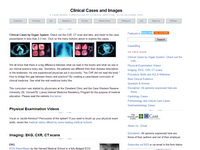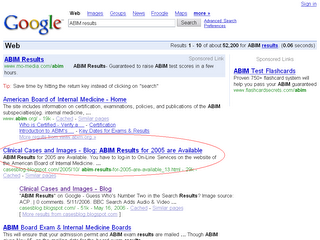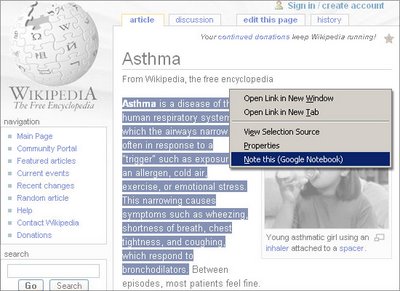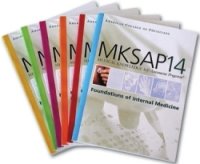
 Google wants you to help organize the world's information
Google wants you to help organize the world's informationGoogle Co-op is human-powered vertical search, according to the
press release:
"
Google Co-op beta is a community where users can contribute their knowledge and expertise to improve Google search for everyone.
For example,
a doctor can label web pages related to arthritis, and users who subscribe to that doctor's information will receive options at the top of the results for more specific information such as "treatment," "symptoms," or "for health professionals" when they enter a relevant query."
It sounds a bit complicated... If I want to direct my patients to a collection of trusted links, I prefer to list them on my own website.
Google Health Nobody is certain what the best model for a health search/portal is. I tried the
prototype of Google Health and I found it useful although on the surface it looks similar to the
other health search engines. I would like Google to launch another game-changer rather than a "me-too" product.
See the
search results for "pneumonia."As usual,
Google wins with speed, dept of page index and accuracy.
The source websites included in Google Health have been recommended by:
National Library of Medicine,
Centers for Disease Control and Prevention
Health On The Net Foundation
Harvard Medical School
Mayo Clinic
University of California, San Francisco
Kaiser Permanente
Google Health
still covers blogs as you can see from the
query for "pneumoperitoneum, sexual activity." It shows the clinical case I presented at the annual meeting of the Society of Hospital Medicine last week.
Google has a history of refining their beta products with users feedback. Even the current version of Google Health is better than the current search interface, so this is definitely a step in the right direction.
Final verdict:The newly-launched Google Health is a helpful product with great potential. I am planning to use it and I would probably recommend it to my patients when they search for medical information.
Update 3/28/2007:Adam Bosworth, Vice President of Engineering at Google Inc. covers similar topics in:
How do you know you're getting the best care possible?Update 5/31/2007:A medical librarian does not find the health-related Google Co-op very useful:
How Doctors Think and consumer health, Google.
References:
Medical Search EnginesGoogle Co-op First Look. Micro Persuasion.
How to Use Google Co-op. Google Blogoscoped.
Enoch Choi is an
individual contributor to Google Health Co-op
Health care information matters. Google Blog, 11/30/2006, Adam Bosworth.
Image source: OpenClipArt.org, public domain
Related:
An easy way to add new features to Google. Matt Cutts: Gadgets, Google, and SEO, 02/2008.
Updated: 02/26/2008
 ClinicalCases.org was redesigned to give credit to the authors and to streamline the front page of the website, so that it reflects the natural flow of a clinical encounter:
ClinicalCases.org was redesigned to give credit to the authors and to streamline the front page of the website, so that it reflects the natural flow of a clinical encounter:




























